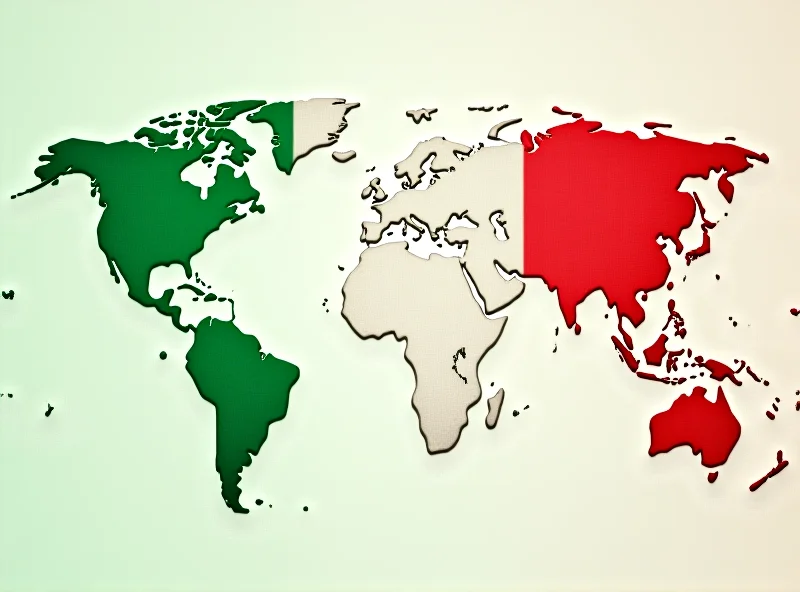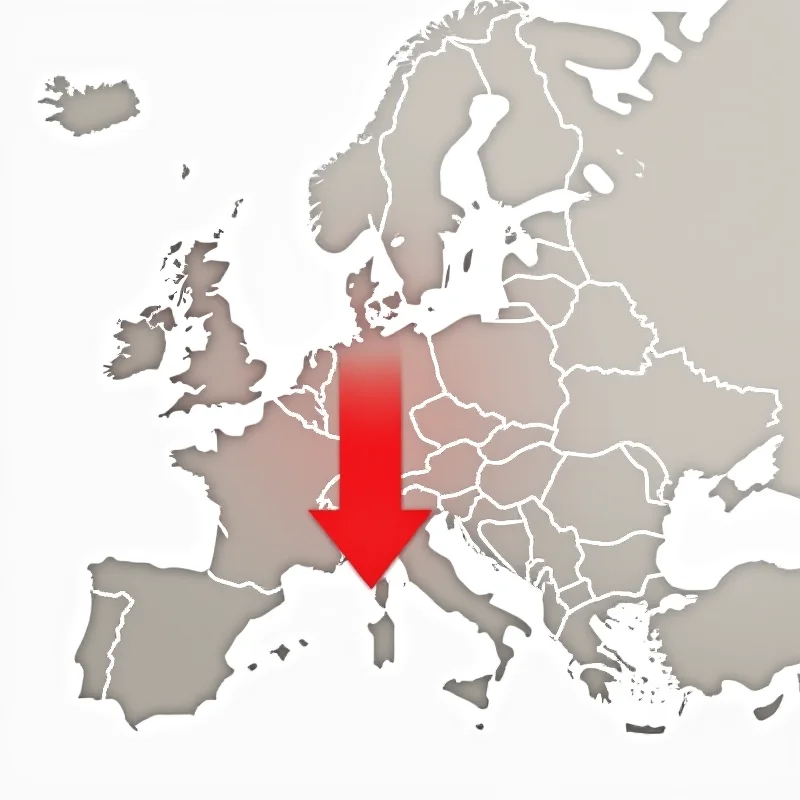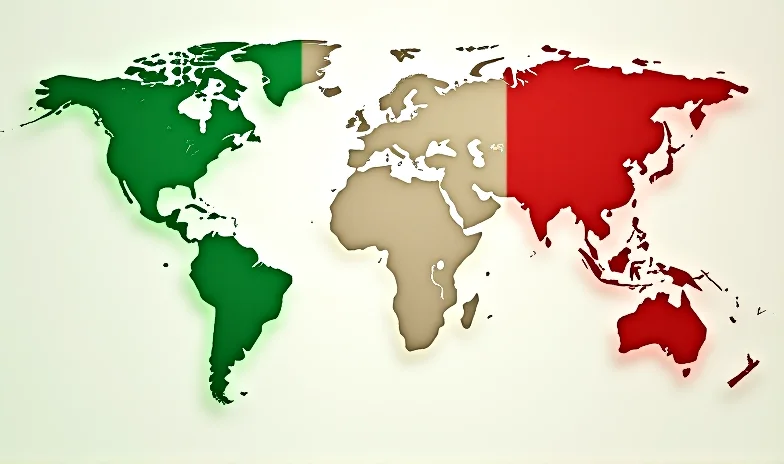The global trade landscape is currently navigating a complex web of challenges, largely fueled by the tariffs announced by former U.S. President Donald Trump. These tariffs have injected a significant dose of uncertainty into the market, causing widespread caution among businesses worldwide. But that's not the whole story. From potential trade agreements to monumental banking errors, the financial world is certainly keeping us on our toes.
Italian Firms Eye Overseas Expansion
Italian companies, in particular, are feeling the pressure. Faced with the potential impact of these tariffs, many are actively exploring new strategies to ensure continued growth. This often involves looking beyond domestic markets and considering overseas expansion to mitigate the risks associated with trade barriers. This shift reflects a proactive approach to navigating the turbulent waters of international trade.

As one industry analyst noted, "The key is adaptability. Companies that can quickly adjust their strategies to account for these new realities will be best positioned to succeed."
A Trillion-Dollar Typo?
Adding to the drama, an American bank, reportedly connected with Citibank, recently made a rather significant error: a mistaken transfer of a staggering 81 trillion dollars to a client's account. Yes, you read that right – trillion! The error was detected by a vigilant employee who noticed discrepancies in the bank's account balance. While the situation was eventually rectified, it serves as a stark reminder of the potential for human error, even in the most sophisticated financial institutions.
This event raises serious questions about internal controls and the potential for systemic risk within the banking sector. How could such a massive error occur, and what measures are in place to prevent similar incidents in the future?
UK Seeks Trade Deal with the US
Amidst the tariff turmoil, there's a glimmer of hope for the United Kingdom. Following discussions between then-President Trump and British Prime Minister Keir Starmer, both nations are engaged in negotiations for a mutual trade agreement. This agreement could potentially allow the UK to avoid the tariffs imposed on other major trading partners, offering a significant economic advantage.

However, the potential impact of Trump's trade policies extends beyond individual nations. According to a report by Nomura, a 10% tariff on European goods could reduce the growth of the Eurozone by 0.2-0.3%. The U.S. President's focus on the auto sector, in particular, poses a significant risk to manufacturers' profits. Coldiretti, an Italian agricultural organization, estimates a potential loss of 2 billion euros for "Made in Italy" products.

In conclusion, the global trade landscape is currently characterized by uncertainty and volatility. While some companies are actively seeking new strategies to mitigate the risks, and trade agreements offer potential relief, the overall impact of tariffs remains a significant concern for businesses and economies worldwide.
